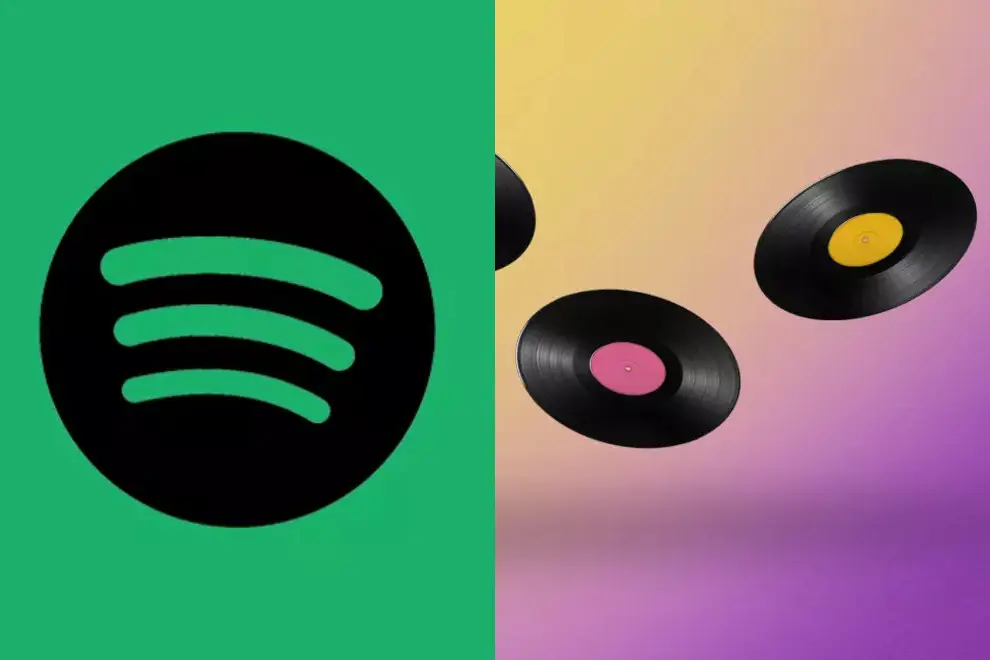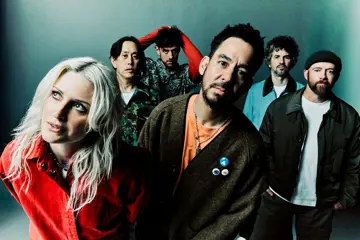Spotify CEO Daniel Ek has faced significant backlash from artists, industry figures and fans alike after he made questionable comments on the cost of making music and the subsequent value of art.
In an unprompted post made on Twitter last Thursday (May 30), Ek wrote: “Today, with the cost of creating content being close to zero, people can share an incredible amount of content. This has sparked my curiosity about the concept of long shelf life versus short shelf life. While much of what we see and hear quickly becomes obsolete, there are timeless ideas or even pieces of music that can remain relevant for decades or even centuries.”
He went on to cite “a resurgence of Stoicism” as a prime example, “with many of Marcus Aurelius’s insights still resonating thousands of years later”. He asked of his followers: “What are the most unintuitive, yet enduring ideas that aren’t frequently discussed today but might have a long shelf life? Also, what are we creating now that will still be valued and discussed hundreds or thousands of years from today?”
Today, with the cost of creating content being close to zero, people can share an incredible amount of content. This has sparked my curiosity about the concept of long shelf life versus short shelf life. While much of what we see and hear quickly becomes obsolete, there are…
— Daniel Ek (@eldsjal) May 29, 2024
The statement – which at the time of writing has been viewed over a million times, and has some 850 responses – drew largely negative feedback. The most-liked reply came from New Zealand musician and sound designer Tim Prebble, who wrote: “Music will still be valued in a hundred years. Spotify won't. It will only be remembered as a bad example of a parasitic tool for extracting value from other people’s music (or "content" as some grifters like to call it). AI will seal your fate.”
Don't miss a beat with our FREE daily newsletter
The Future of Music Coalition pointed out in a quoted post that it “actually can still be expensive to make records, especially if you care about paying your collaborators fairly”. They added: “Many musicians are skilled at cutting corners to accomplish their creative goals within limited budgets. And indeed some aspects of production are more affordable than in the past. But this often ends up radically overstated. ‘Close to zero?’ No.”
Clayton Blaha (co-founder of Skrillex’s label OWSLA and current head of artist revenue for Audius) replied to Ek saying it was “absolutely insane of you to tweet this”, slamming the Spotify leader for “single-handedly extracted all of the value from music (because you could no longer steal it outright)”.
He added: “Nothing serves your business model more than free (and hence worthless) trash audio content. you CANNOT convince me you will not have a free tier of AI content on Spotify, basically delivering the financial death blow to artists and songwriters on the platform outright. You will relish the moment and report it on an earnings call. Let that insight resonate thousands of years later.”
Spotify has indeed invested heavily in artificial intelligence: in April, for example, the platform began beta testing an AI-based feature allowing Premium subscribers to create their own themed playlists. It joins similar AI functions like the Daylist, Song Psychic and DJ features.
“I for one am really close to being done with Spotify,” wrote Australian artist Leigh Thomas. “This twat [Ek] needs to be on the next submersible voyage to the Titanic wreck.” The sentiment of frustration was shared by Primal Scream bassist Simone Marie Butler, who implored Ek to “[fuck] off [you] out of touch billionaire”.
Ek later addressed the backlash in a follow-up statement, conceding that he “was far too vague” in his original tweet, and acknowledged his “clumsy definition of content”. He wrote: “I understand how it came across as very reductive and that wasn’t my intent. Just to clarify – my original point was not to devalue the time, effort, or resources involved in creating meaningful works, whether it’s music, literature, or other forms of creative expression.
“What I was most interested in exploring was how, in this environment of constant creation, we can identify and ensure that the bold, exciting, world-changing ideas and pieces of art don’t get lost in the noise. The significant drop in the cost of creation tools (microphones, laptops, cameras) has led to an unprecedented explosion in the volume of what people are able to produce. Creation is only part of the equation. My focus was on exploring the staying power of the most creative, most thought-provoking ideas. That didn’t come across, and that’s on me.”
Obviously seeing the feedback to this one and wanted to respond. It’s clear I was far too vague in the post, including with my clumsy definition of content. I understand how it came across as very reductive and that wasn’t my intent. Just to clarify - my original point was not to… https://t.co/kMR0zE17Ay
— Daniel Ek (@eldsjal) June 2, 2024
Meanwhile, last month saw Spotify served with a cease and desist notice by the National Music Publishers Association (NMPA) in the US, who allege the service hosts “unlicensed lyrics, music videos, and podcasts”. It came after Australian artist Laura Imbruglia called for a boycott against Spotify after the streaming service made “unethical” changes to its royalty payout model.
















